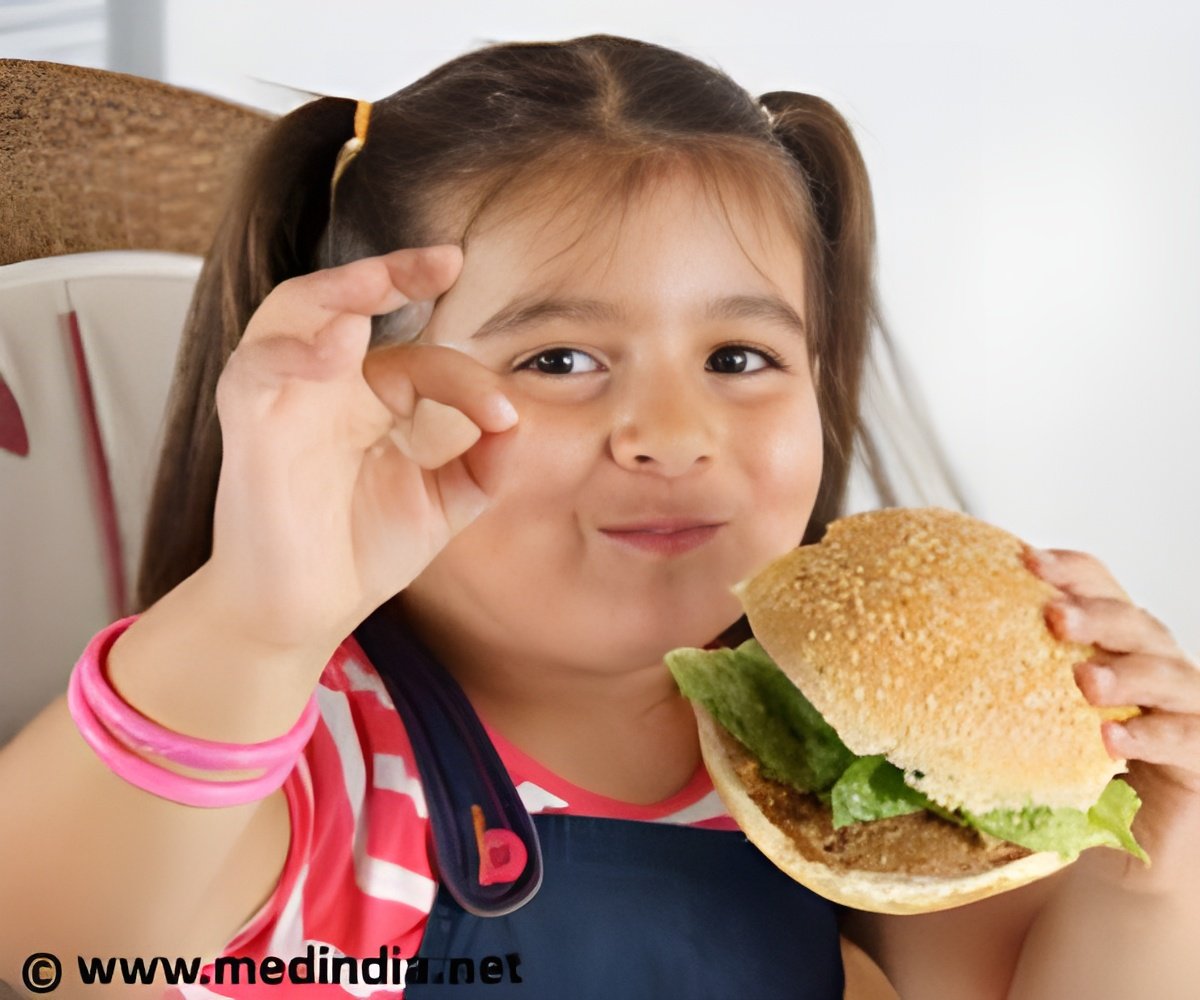Eating an unhealthy diet with more junk foods and less fruit and vegetables can cause increased stress during exams. So, make sure to eat healthy to beat stress.

TOP INSIGHT
Eating an unhealthy diet high in fat, sugar, and calories can cause increased stress during exams. So, hurry up, grab some healthy foods such as fruits and veggies to beat stress.
Read More..
"A healthy diet is needed for optimal academic and mental performance. Unfortunately, our findings suggest that students have difficulties eating healthily and find themselves adopting bad eating habits, which over a few weeks can considerably affect your overall health and be difficult to change."
The results are based on an anonymous online survey of 232 students (aged 19-22 years) recruited from Ghent University and other universities in Belgium. Before and after the month-long examination period in January 2017, respondents were asked to disclose their perceived stress and complete questionnaires that assessed changes to their dietary patterns and various psychosocial factors.
The research team investigated the relationship between exam stress and change in dietary quality, and whether these associations were modified by psychosocial factors such as eating behavior (emotional/external/restrained), food choice motive, taste preference, reward/punishment sensitivity, impulsivity, coping strategies, sedentary behavior, and social support.
During the month-long exam period, participants found it harder to stick to a healthy diet, and only a quarter fulfilled the WHO recommended 400g of fruit and vegetables a day. What is more, students reporting higher levels of stress tended to snack more often.
"To fight against stress-induced eating, prevention strategies should integrate psychological and lifestyle aspects including stress management (eg, emotion regulation training, mindfulness, yoga), nutritional education with techniques for self-effectiveness, awareness of eating-without-hunger, and creating an environment that stimulates a healthy diet and physical activity", says Dr Michels.
Source-Eurekalert
 MEDINDIA
MEDINDIA




 Email
Email










